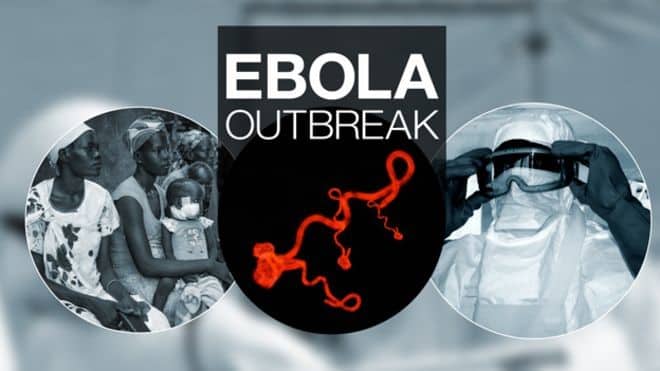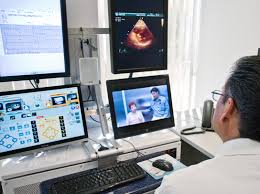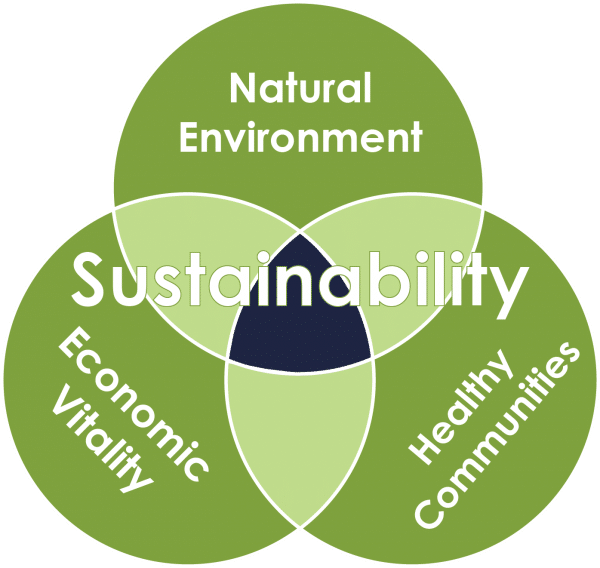Whether it’s Middle East Respiratory Syndrome (MERS), the seasonal flu, Ebola, or the next novel disease, hospitals are in a constant state of preparation for the next contagious outbreak. Not only must they be equipped to care for patients admitted with suspected cases, but they have a responsibility to protect the healthcare personnel who are serving on the front line. While every contagious disease is different, I believe there are lessons we can learn from each scenario to aide future responses.
Just this past month, the World Health Organization (WHO) celebrated the end of the Ebola outbreak in West Africa. This represents a huge milestone, considering the 2014 outbreak claimed over 11,000 lives in Guinea, Sierra Leone, and Liberia. The United States, among other countries, experienced confirmed cases of Ebola during this outbreak. While I’m not going to try to draw comparison between the U.S. and the devastation experienced in Africa, I would like to summarize some of the challenges we encountered during the U.S. response.
What’s the point? These are challenges that we will likely have the opportunity to impact in future emergency responses.
The Facts: There were four cases of Ebola diagnosed in the U.S. between September, 2014 and October, 2014, resulting in one death. Six additional cases were treated on U.S. soil, resulting in another death. The cost to treat each patient was estimated to be about $500,000.
Key Challenges Affecting Hospital Preparedness
- Staffing: It is no secret that the mortality rate of Ebola is staggering – about 60% of cases ended in death. The disease is transmitted via blood or body fluids, so it makes sense that healthcare personnel are at a higher risk of getting sick. In light of these circumstances, some healthcare personnel are wary to take on the risk. In fact, close to 26% of healthcare workers surveyed recently indicated they were unwilling to provide care to patients with the Ebola Virus Disease (EVD). Take a minute to consider this… Can you imagine a hospital missing 26% of its workforce during a time of emergency? Unfortunately, it might be necessary for hospitals to consider this possibility in their emergency staffing plans. Efforts to make workplaces safer and to ensure that healthcare workers feel protected in dangerous situations are also important.
- Training: The importance of training on the Ebola personal protective equipment (PPE) ensemble certainly came to the forefront when a nurse caring for an Ebola patient contracted the disease and cited her hospital’s lack of training as the primary cause. This sentiment was echoed by the National Nurses United survey of over 700 RNs across the country in the fall of 2014. The survey revealed that 87% of respondents’ hospitals had not provided interactive education on Ebola with the ability for nurses to ask questions. I know that I would have questions about how to safely get in and out of the gear, given the risk. Wouldn’t you? Something as complicated as the Ebola PPE ensemble merits extensive training and competency checks. Hospitals may also consider refresher courses as well as a forum for asking and answering questions. A “Super User” approach whereby leadership designates certain individuals in the workforce as teachers or ambassadors of the program would have a far reaching impact.
- Supply: As you have seen in photos, Ebola requires healthcare personnel to wear heavy duty PPE that you don’t typically see healthcare professionals wearing during your normal doctor’s visit. While some of these items are routinely stocked in hospitals, like gloves and surgical gowns, others are not. During the Ebola outbreak, first responders, hospitals, and even the government struggled to obtain the full body suits from manufacturers who had maxed out their production capacities. Funding for the purchase of emergency supplies in hospitals is complicated, but periodically stockpiling PPE like these suits may reduce the ordering frenzy that causes everyone to lose sleep during an emergency response.
Of course, there were many more challenges encountered during the Ebola response, but, when discussing hospital preparedness in general terms, staffing, training, and supply are three areas that will warrant attention from hospitals moving forward. Patients and healthcare workers alike will benefit from improvements in these three areas, and, as a consumer of healthcare, that means you will too!




